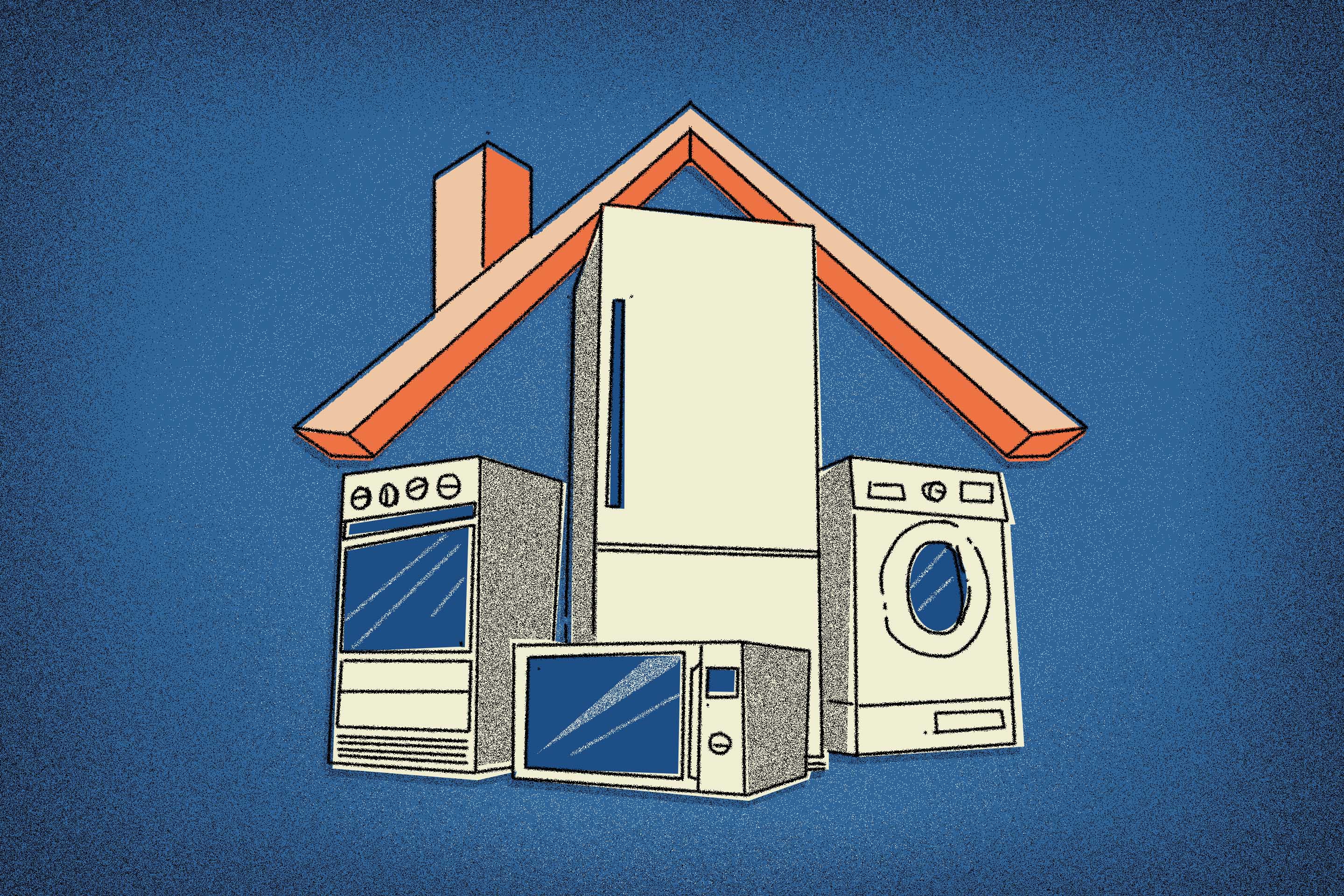When it comes to safeguarding your home against unexpected repairs and replacements, a home warranty plan can offer invaluable peace of mind. It’s essential to understand the ins and outs of home warranties, including their benefits, limitations, and how to choose the right plan for your needs.
Understanding Home Warranties
A home warranty is a service contract designed to cover the repair or replacement costs of major home systems and appliances due to normal wear and tear. Unlike homeowners insurance, which primarily covers damage from unforeseen events like fires or natural disasters, home warranties focus on maintaining the functionality of essential household components.
Reasons to Consider a Home Warranty
There are several compelling reasons why homeowners and homebuyers may opt for a home warranty plan:
- Peace of Mind: Homeownership comes with its share of uncertainties, and unexpected breakdowns can be financially burdensome. A home warranty provides assurance that you won’t be caught off guard by costly repairs or replacements.
- Budget-Friendly Coverage: Instead of facing potentially high out-of-pocket expenses for repairs or replacements, a home warranty allows you to spread these costs over manageable service fees.
- Convenience: With a home warranty, you have access to a network of pre-screened service providers, making it easy to schedule repairs and replacements without the hassle of finding reliable contractors on your own.
- Added Value: For sellers, offering a home warranty can make their property more attractive to buyers by providing a layer of protection against unforeseen issues after the sale.

Choosing the Right Home Warranty Plan
Selecting the best home warranty plan requires careful consideration of several factors:
- Coverage Options: Different home warranty plans offer varying levels of coverage for systems (e.g., HVAC, electrical, plumbing) and appliances (e.g., refrigerator, dishwasher, washer/dryer). Review each plan’s coverage details to ensure it aligns with your home’s needs.
- Service Fees: Home warranty companies typically charge a service fee for each repair or replacement visit. Compare service fee amounts among different plans and consider how these fees will impact your budget.
- Provider Reputation: Research the reputation and reliability of home warranty companies before committing to a plan. Look for customer reviews, ratings from independent agencies, and accreditation from organizations like the Better Business Bureau.
- Exclusions and Limitations: Read the fine print of each home warranty contract to understand any exclusions, limitations, or conditions that may affect coverage. Common exclusions may include pre-existing conditions, improper maintenance, and non-covered parts.
- Claim Process: Familiarize yourself with the home warranty company’s claims process, including how to request service, response times, and resolution procedures. Clear communication and transparency are essential for a smooth claims experience.

Navigating the Claims Process
While home warranties offer valuable protection, it’s important to understand the steps involved in filing a claim:
- Identify the Issue: When a covered appliance or system malfunctions, contact your home warranty provider to initiate a claim. Be prepared to provide details about the problem and any relevant warranty information.
- Schedule Service: The warranty company will dispatch a service provider from its network to diagnose and repair the issue. Service appointments are typically scheduled based on the provider’s availability and the urgency of the repair.
- Pay the Service Fee: Upon service completion, you’ll be required to pay the agreed-upon service fee, which is typically much lower than the cost of the repair or replacement.
- Follow-Up: If the repair is successful, ensure that the issue has been fully resolved before closing the claim. If additional problems arise or if the initial repair is inadequate, communicate promptly with the warranty company for further assistance.
Pros and Cons of Home Warranty Plans
While home warranties offer numerous benefits, they also have potential drawbacks that should be considered:
Pros
- Financial Protection: Home warranties can save homeowners money by covering repair and replacement costs for covered items.
- Convenience: Access to a network of qualified service providers makes it easy to address home maintenance issues quickly and efficiently.
- Added Value: For sellers, offering a home warranty can make their property more appealing to prospective buyers and provide peace of mind during the sales process.

Cons
- Service Limitations: Home warranty coverage may be limited by exclusions, conditions, and service fees, potentially leaving homeowners responsible for certain repairs or replacements.
- Quality of Service: While home warranty companies work with vetted service providers, the quality of repairs and replacements may vary, leading to dissatisfaction with the outcome.
- Pre-Existing Conditions: Home warranty coverage typically excludes pre-existing conditions, requiring homeowners to prove that issues arose after the policy took effect.
In summary, home warranties offer valuable protection against unexpected home repairs and replacements, providing peace of mind and financial security for homeowners. By understanding the nuances of home warranty plans, carefully selecting the right coverage, and navigating the claims process effectively, homeowners can maximize the benefits of this essential safeguard for their homes.





